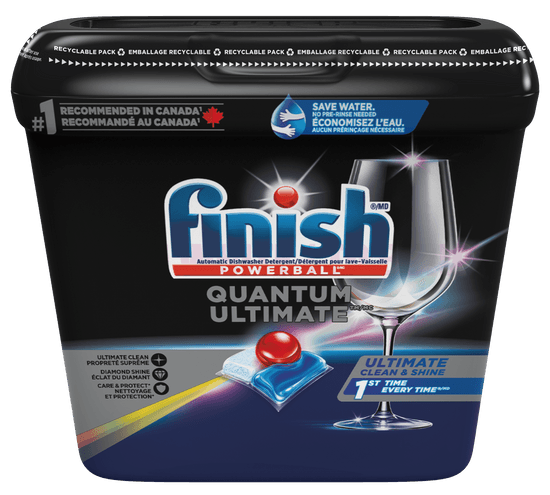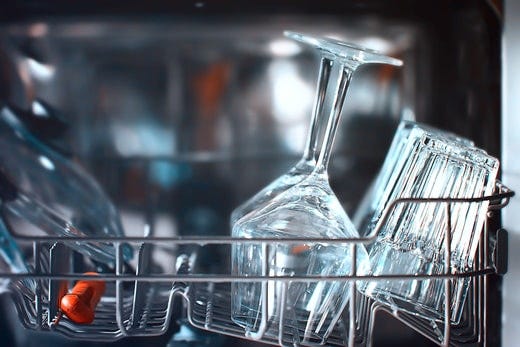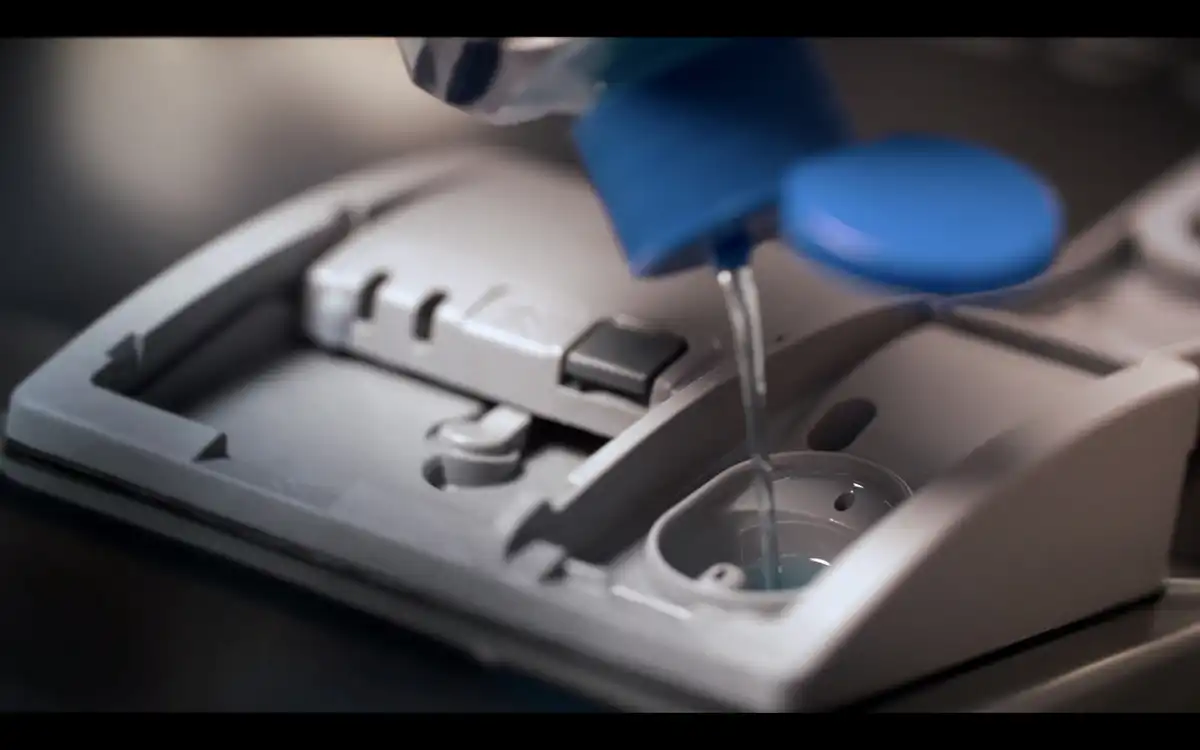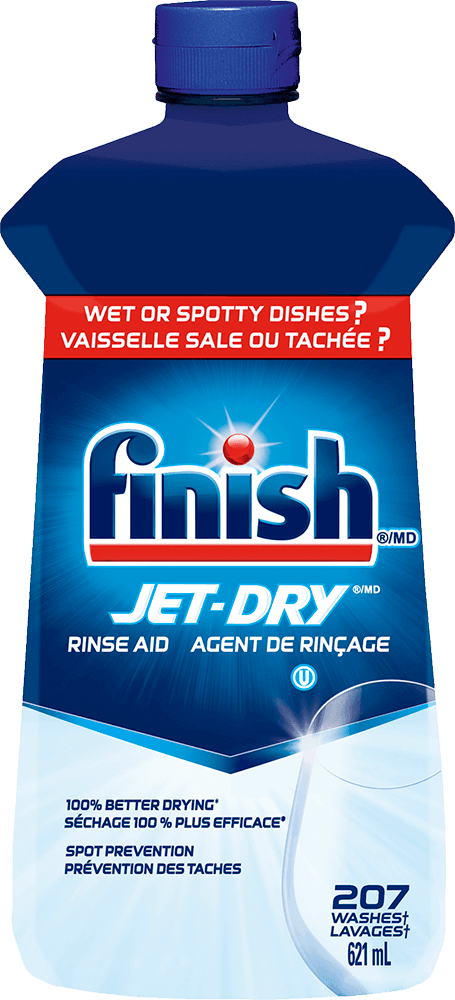Quantum Ultimate

From those annoying cloudy stains on your glasses to how to get your glassware sparkling, here’s our guide to cleaning glassware in the dishwasher.

Glassware can be some of the most frequently used items in the household, and as a result, some of the most often washed in the dishwasher. However, repeated washing and high temperatures can cause cloudy stains to appear on those much-loved glass items.
There are two main causes of cloudy glassware, and both tend to happen over time. The first is due to hard water deposits, and the other is caused by corrosion. These two different types of clouding require different precautions to prevent them from happening when cleaning glass baking dishes or drinking glasses.
If you live in a hard water area, you may be faced with mineral deposits gathering in your dishwasher. Hard water can be problematic for dishwashers, as the minerals in the water can appear as cloudy marks on glasses and dishes. These deposits, such as limescale, can cling onto your glassware and dishes, causing white spots or clouding. To combat the problems driven by hard water, always keep Rinse Aid topped up in your dishwasher. Rinse Aid will help protect your glasses, further ensuring brilliant shine. Always use good quality detergents, like Finish® Quantum UltimateTM, on top of Rinse Aid for the best cleaning results.
Fortunately, this sort of glass clouding can easily be fixed and could be prevented if you follow the below tips:
If you’re living in a soft water area then you’re particularly at risk of corrosion, another kind of glassware clouding, but it can happen anywhere. This can be caused by a number of factors, from heat exposure and poor glass quality to detergent type and lengthy programmed cycles. Therefore, use our Quantum Rinse Aid to prevent this from happening.
There are a number of ways to prolong the life of your glassware and prevent cloudy glasses in your dishwasher, and it’s important to get it right before the irreversible effects of corrosion occur:
Now that you understand the cause, read on for more information about how to avoid these annoying cloudy stains on your favourite glass kitchen items before your next big dinner party.
Every day we use and reuse glasses over and over again, but with every wash, your glasses can go cloudy. Take a look at some of our top tips below for making sure your glasses sparkle out of the dishwasher, every time.
When it comes to storing glasses after they’ve come out of the dishwasher, there are two options: rim up or rim down.
Having the glass rest on its rim avoids dust and other nasties settling in the glass, but having it stand on its base means the part that you drink from doesn’t get contaminated by the bottom of a cupboard and runs less risk of getting chipped. The choice, we’re afraid, is up to you.
Cleaning wine glasses in the dishwasher can be perfectly safe – as long as you are careful about how you load your machine.
So, there you have it, just a few simple things to keep in mind when looking after your glasses to ensure that they stay looking shinier for longer.
How to prevent cloudy glasses from the dishwasher

